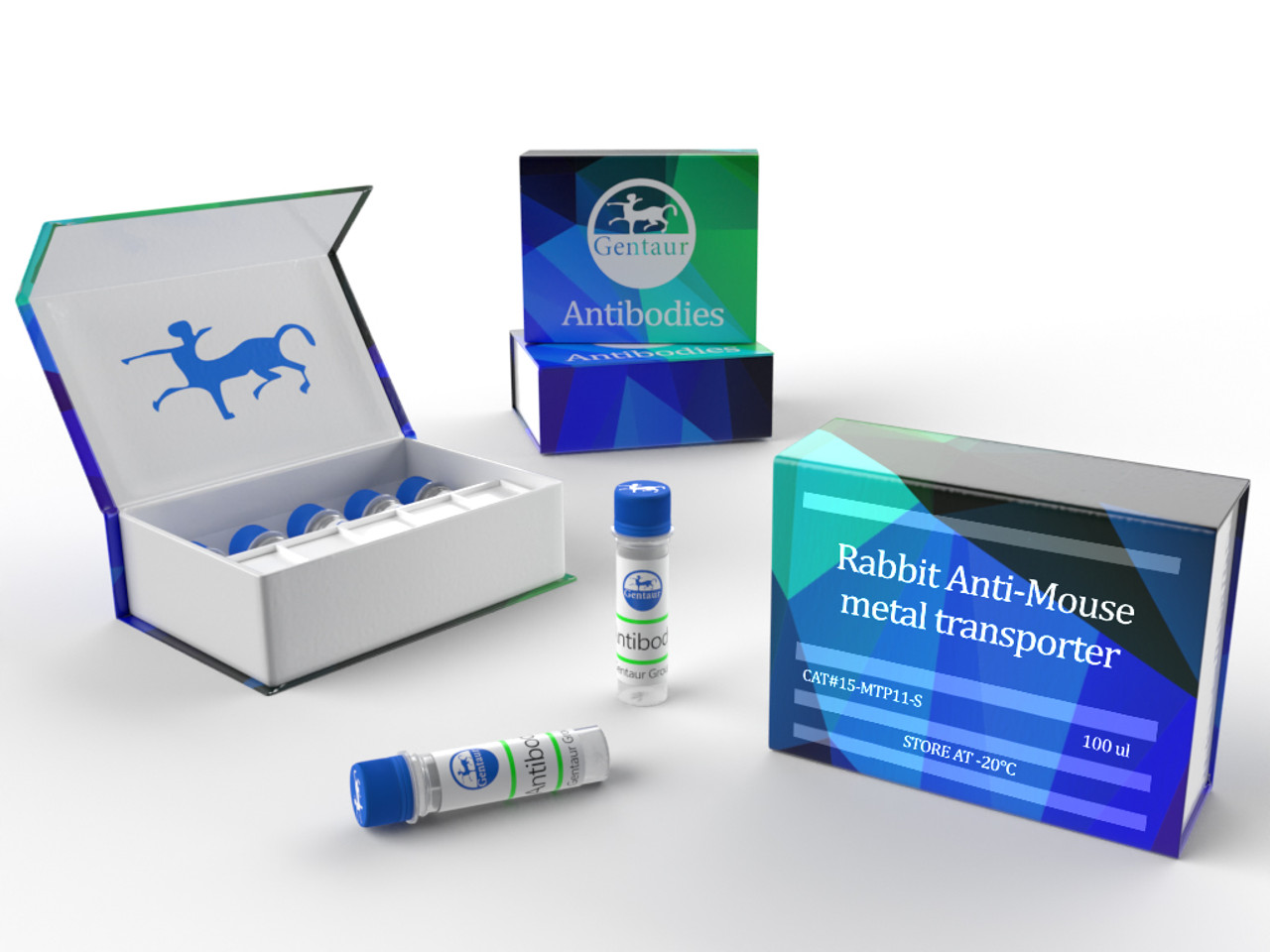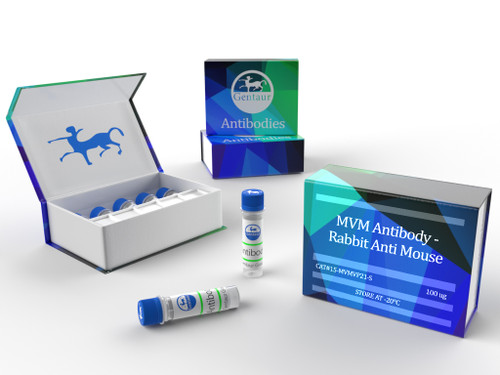Product Description
Rabbit Anti-Mouse metal transporter
Quality Level
300
biological source
rabbit
conjugate
peroxidase conjugate
antibody form
IgG fraction of antiserum
antibody product type
secondary antibodies
clone
polyclonal
form
buffered aqueous solution
technique(s)
direct ELISA: 1:40,000 using using 5 μg/ml of mouse IgG for coating and OPD substrate
immunohistochemistry (formalin-fixed, paraffin-embedded sections): 1:200
western blot (chemiluminescent): 1:80,000-160,000
shipped in
dry ice
storage temp.
−20°C
Immunoglobulin G (IgG) belongs to the immunoglobulin family and is a widely expressed serum antibody. An immunoglobulin has two heavy chains and two light chains connected by disulfide bond. It mainly helps in immune defense. It is a glycoprotein and a major class of immunoglobulin. Immunoglobulin G (IgG) participates in hypersensitivity type II and type III. Mouse consists of five immunoglobulin classes- IgM, IgG, IgA, IgD and IgE. Mouse IgG is further divided into five classes- IgG1, IgG2a, IgG2b and IgG3. IgG helps in opsonization, complement fixation and antibody dependent cell mediated cytotoxicity.
IgG antibody subtype is the most abundant serum immunoglobulins of the immune system. It is secreted by B cells and is found in blood and extracellular fluids.
IgG antibody is a glycoprotein, composed of two polypeptide chains (light and heavy), each possessing variable and constant domains. The variable region of IgG antibody is specific to antigens and is highly conserved.
Anti-Mouse IgG (whole molecule)-Peroxidase antibody is specific for all mouse IgG subclasses. IgG is purified from mouse serum by fractionation and ion exchange chromatography. The purified IgG is then conjugated to peroxidase by protein cross-linking with 0.2% glutaraldehyde.
IgG antibody is a glycoprotein, composed of two polypeptide chains (light and heavy), each possessing variable and constant domains. The variable region of IgG antibody is specific to antigens and is highly conserved.
Anti-Mouse IgG (whole molecule)-Peroxidase antibody is specific for all mouse IgG subclasses. IgG is purified from mouse serum by fractionation and ion exchange chromatography. The purified IgG is then conjugated to peroxidase by protein cross-linking with 0.2% glutaraldehyde.
Specificity
Anti-Mouse IgG (whole molecule)-Peroxidase antibody is specific for all mouse IgG subclasses.
Immunogen
Purified mouse IgG
Application
Epidermis protein extracts were generated from human mammary surgery specimens and subjected to western blot using HRP-conjugated rabbit anti-mouse IgG as the secondary at a 1:80000 dilution in TBSt/5% milk.
Anti-Mouse IgG (whole molecule)–Peroxidase antibody may be used in direct ELISA at a working antibody dilution of 1:40,000. For immunoblotting, a dilution of 1:80,000 to 1:160,000 may be used.
A working antibody dilution of 1:200 is recommended for immunohistochemistry of formalin-fixed, paraffin-embedded human tonsil or human appendix sections. Mouse IgG-peroxidase antibody was used at a dilution of 1:20 for immunohistochemistry of mice muscle tissue sections; a dilution of 1:500 was used for South-western blotting in the same study. For immunoblotting of human skeletal muscle tissue extracts, a dilution of 1:5000 was used.
Anti-Mouse IgG (whole molecule)–Peroxidase antibody has been used in western blotting , immunohistochemistry and protein pin array assay.
Biochem/physiol Actions
IgG antibody provides protection from infections caused by bacteria, fungi and viruses. Maternal IgG is transferred to fetus through the placenta that is vital for immune defense of the neonate against infections. IgG antibody has its function similar to IgM antibody in complement system activation.
Physical form
Solution in 0.01 M phosphate buffered saline, pH 7.4, containing 0.05% MIT
Preparation Note
Prepared by the two-step glutaraldehyde method described by Avrameas, S., et al., Scand. J. Immunol., 8, Suppl. 7, 7 (1978).
Storage and Stability
Store at -20 °C for long term. For continuous use, the product may be stored at 2-8 °C for up to one month. For extended storage, the solution may be frozen in working aliquots -20 °C. Repeated freezing and thawing, or storage in "frost-free" freezers, is not recommended. If slight turbidity occurs upon prolonged storage, clarify the solution by centrifugation before use.
Disclaimer
Unless otherwise stated in our catalog or other company documentation accompanying the product(s), our products are intended for research use only and are not to be used for any other purpose, which includes but is not limited to, unauthorized commercial uses, in vitro diagnostic uses, ex vivo or in vivo therapeutic uses or any type of consumption or application to humans or animals.
Product Videos
Custom Field
Size 100 µL
Product Reviews
Write a Review

Write a Review
×







